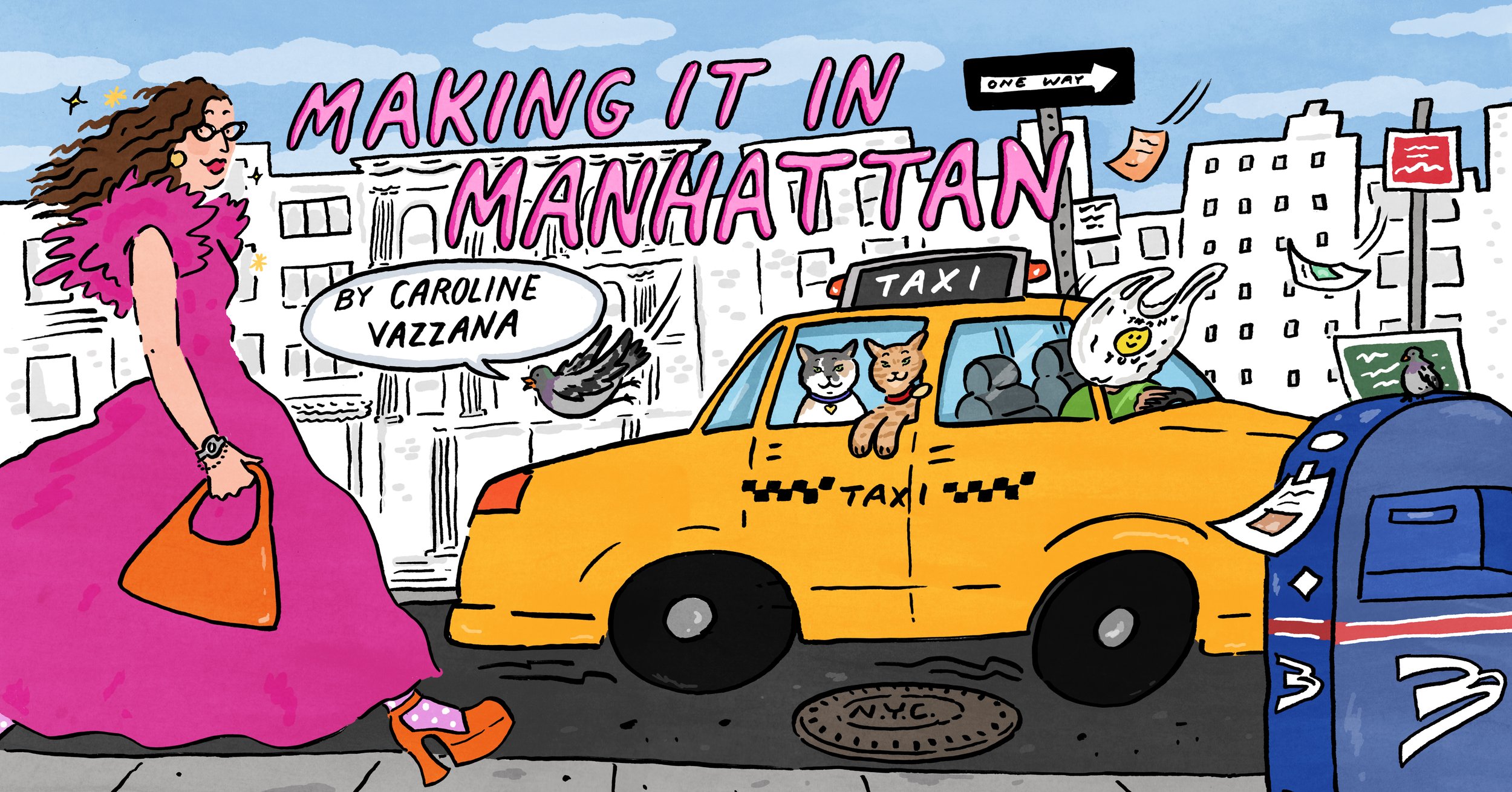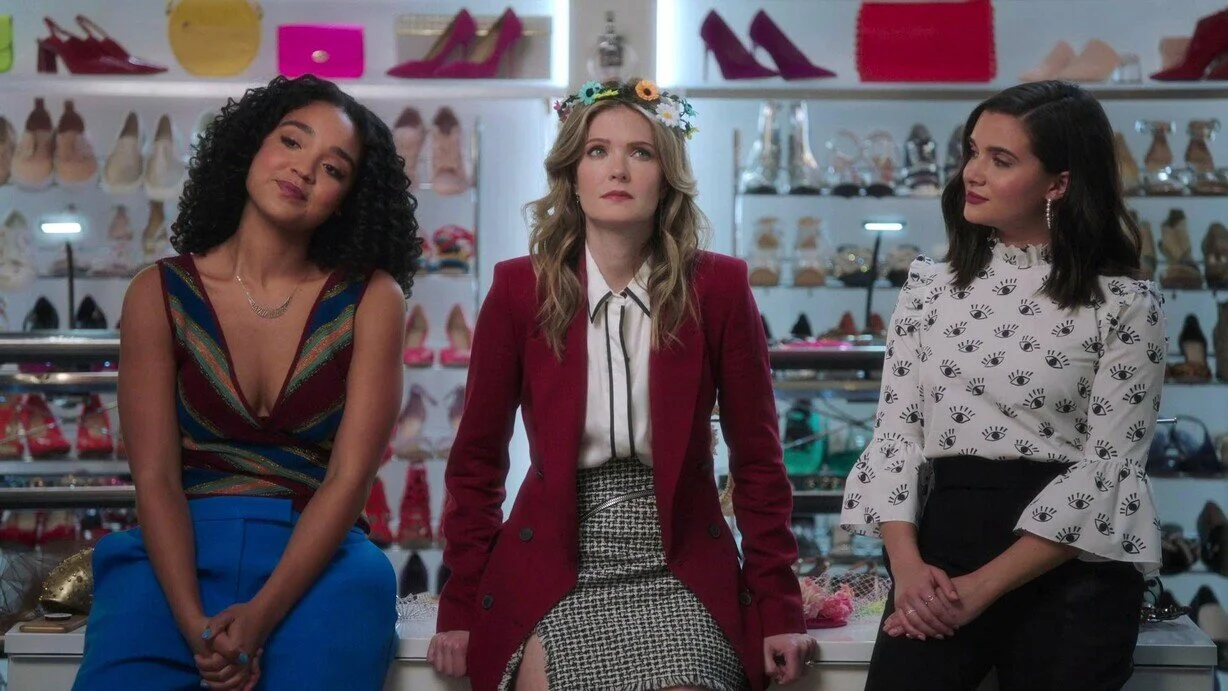A Job Searchers Guide to Landing a New Role During COVID-19
Photo Credit: Pinterest
By: Samantha Alder
It’s no secret that job searching is emotionally draining, and now during a global pandemic, it’s become exacerbated. Now, this guide is not one size fits all, and neither are the other thousands of ‘how-to’ guides that have been published over the past few months; but the goal here is to acquire as much knowledge as possible, survive, and flourish. Pick and choose what works for you –- and most importantly, good luck!
ASK THE EXPERTS
It’s crucial that job seekers develop a clear and consistent narrative that is present in their résumé, cover letter, and LinkedIn profile. The hiring manager should be able to review those assets individually and holistically to have a solid understanding of the candidate’s abilities and goals. Most companies use an automated applicant tracking system (ATS), to screen resumes for selection. If a résumé fails to include certain keywords that pertain to the job description, the software has the ability to flag the candidate as a “poor match” and they can be eliminated from the application process. Hiring a résumé writer is a great option, but if money is tight, job seekers should ask their professional LinkedIn network for help. The comradery that has developed because of this pandemic is truly inspiring, and now more than ever people are offering their help. Ask a close connection to review your résumé or sign-up for a free resume writing webinar.
APPLY. NETWORK. APPLY. REPEAT
Now is the time to get creative and ballsy. For this, candidates should split their job search into three categories:
Jobs that are identical to their last role
Jobs that are adjacent to their last role (possibly sitting in another department)
Jobs that hold a bit more seniority than their last role
Taking a pay cut might seem like a tempting option to secure a role sooner, but it could stunt a candidate’s career growth down the road. At first glance this might seem like insane advice, how can someone afford to be picky during a pandemic?! But, candidates should not discount themselves just because they are unemployed. It’s also important to not only seek out full-time permanent positions. Contract roles and freelance positions can be just as lucrative, so be open to the realm of possibilities.
THE INTERVIEW
The most difficult part of interviewing via video conferencing is not being able to share a physical space with the hiring manager. It’s going to be that much more difficult to pick up on body language that can help interviewees maneuver through the conversation. Fortunately, most of the same rules still apply to virtual interviews:
It’s scientifically proven that people love to hear their own names. It creates a positive lasting impression and the interviewer will feel respected. Make sure to use the hiring manager’s name when appropriate.
Pick a well-lit space where they can see your facial expressions. Enunciate clearly and project a little more than normal.
Typically, in an in-person interview, the interviewee would try to make themselves appear bigger by sitting up as tall as possible. This won’t translate the same via video conferencing, but the same methods should be applied because it will generate focus within the interviewee’s mindset.
Do not be afraid to ask those hard-hitting questions. Ask the hiring manager about the state of the company and the treatment of their current employees during the pandemic. If their answers don’t seem genuine, take that into consideration. Don’t ignore the warning signs.
POST-INTERVIEW
Pandemic or not, some employers are still asking candidates to complete marketing plans, sales forecasts, etc. as part of the interview process. Quite frankly, I don’t work for free, so I always decline completing projects for any potential employer without compensation. However, other candidates might feel differently and that’s okay! If a candidate decides to take on a project as part of an interview process it should not take up a great deal of their time, 2 hours max; anything more is incredibly egregious. Also, a word of caution; if a candidate completes a project as part of an interview process the employer could take their ideas and implement them as their own without giving due credit to the candidate. Unfortunately, this does happen, and it’s incredibly damaging.


















